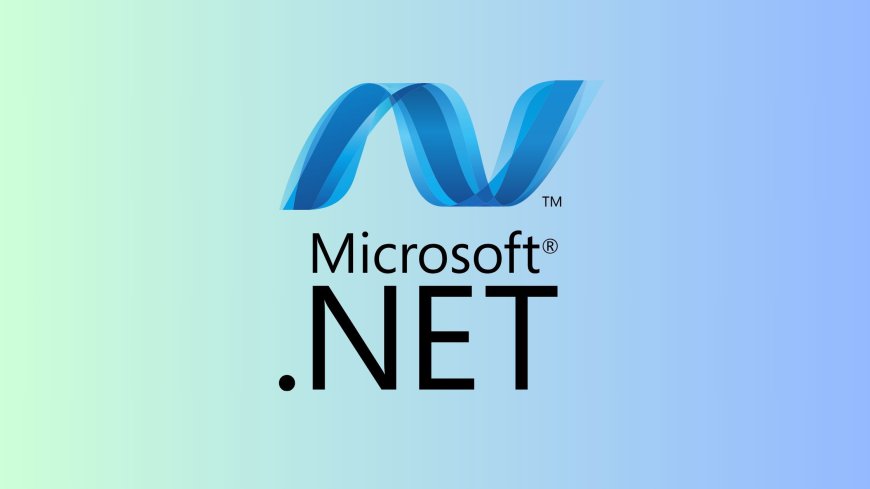Why Is Modernizing Legacy .NET Applications Necessary?
Modernizing your legacy .NET applications is a crucial step for businesses looking to improve efficiency, security, and scalability. By updating your software, you’ll not only enhance performance but also position your business for long-term success.

Many businesses still use legacy .NET applications to run their operations. While these applications may have served their purpose for years, technology has evolved rapidly, and modernizing these systems is now more crucial than ever. Here’s why:
Let's explore Why Is Modernizing Legacy .NET Application Necessary?
1. Improved Performance and Efficiency
Old .NET applications can be slow and less efficient due to outdated code and technologies. By modernizing them, you can improve performance, speed up processes, and make your application more responsive to user needs.
2. Enhanced Security
Legacy applications are often more vulnerable to security threats because they don’t have the latest security updates and patches. Modernizing your .NET application ensures that it uses the latest security protocols, protecting your business from potential cyberattacks.
3. Better User Experience
Modern users expect applications to be fast, user-friendly, and accessible across devices. Legacy .NET applications often lack these features. Updating the user interface (UI) and experience (UX) helps make your app more intuitive and engaging.
4. Cost Savings
Maintaining legacy applications can become expensive due to higher maintenance costs, server issues, and lack of support for older technologies. Modernizing your .NET application can reduce long-term operational costs by improving system reliability and reducing maintenance needs.
5. Scalability
As your business grows, your application must be able to handle increased traffic and new features. Modern .NET frameworks allow for better scalability, making it easier to add new functionalities and expand your application as needed.
6. Integration with Modern Technologies
New technologies like cloud computing, artificial intelligence, and big data are shaping the future of software. Legacy .NET applications often struggle to integrate with these modern tools. By modernizing, you open up opportunities for your business to adopt the latest innovations.
7. Future-Proofing Your Business
Technology continues to evolve, and sticking to outdated systems can hinder growth. Modernizing your .NET application prepares your business for future challenges, ensuring that your technology stays up-to-date and competitive.
Conclusion
Modernizing your legacy .NET applications is essential for improving efficiency, enhancing security, and ensuring scalability. By upgrading to modern frameworks, your business can stay competitive and integrate with the latest technologies. If you're ready to future-proof your applications and maximize performance, it's time to hire .NET developers who can expertly guide you through the modernization process and deliver lasting results.
